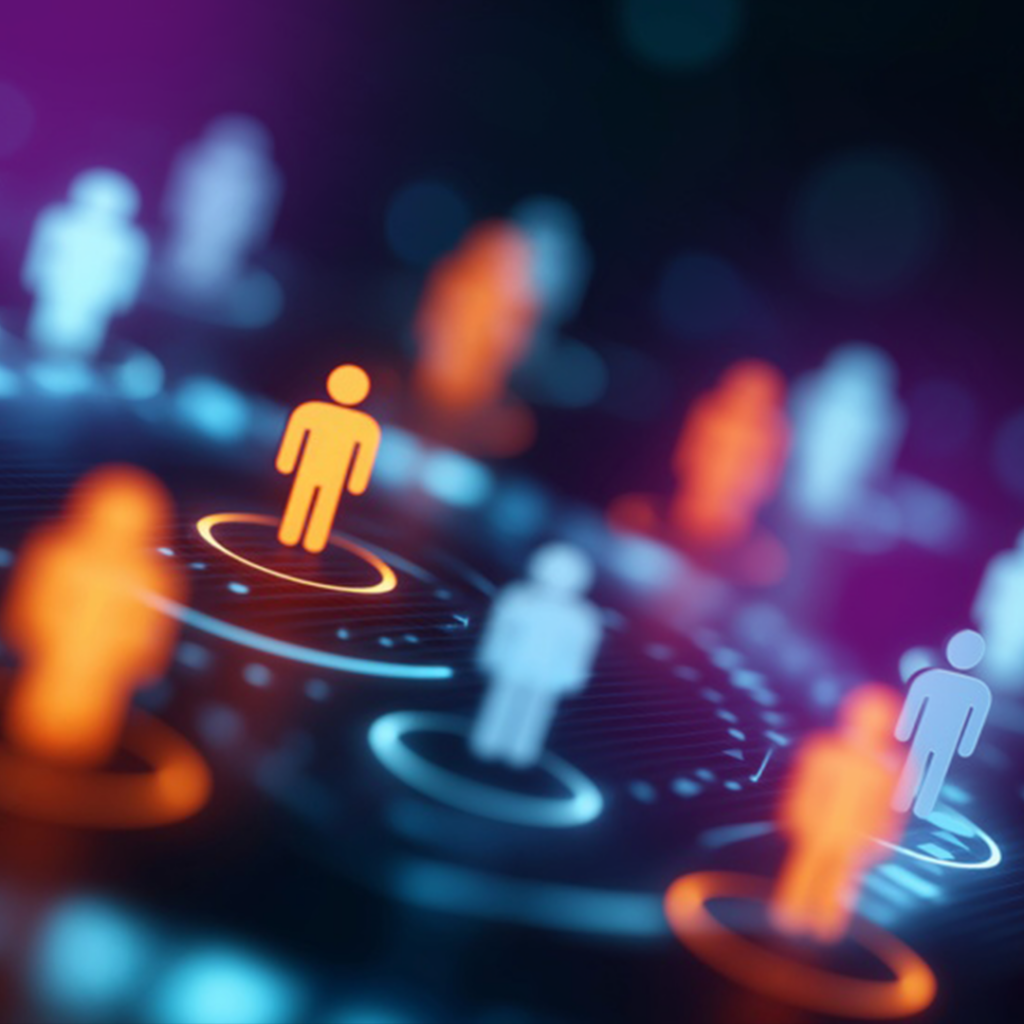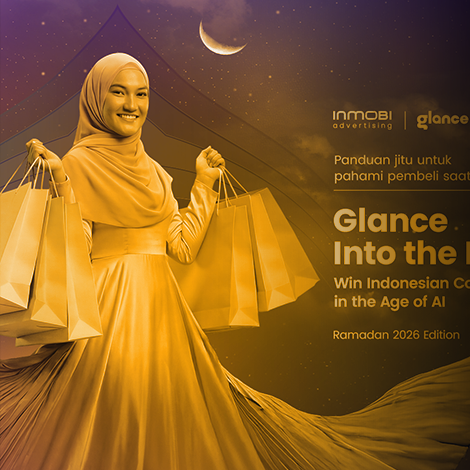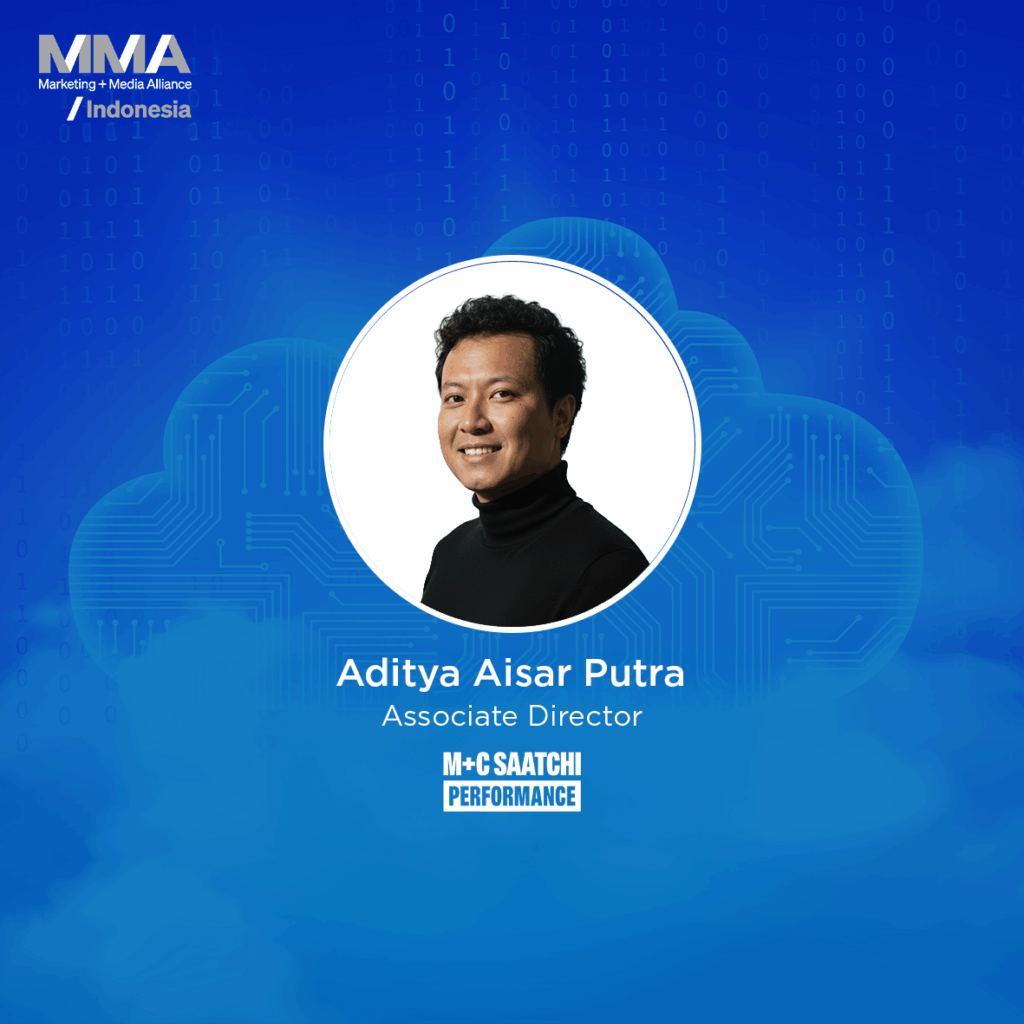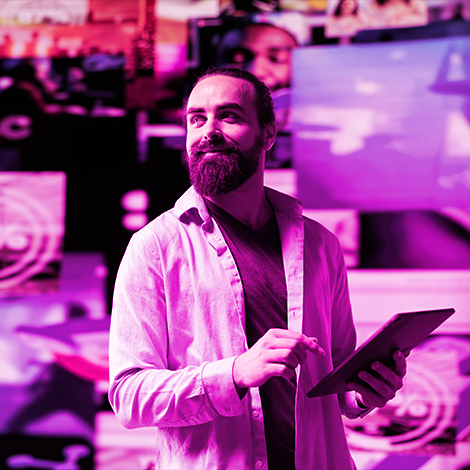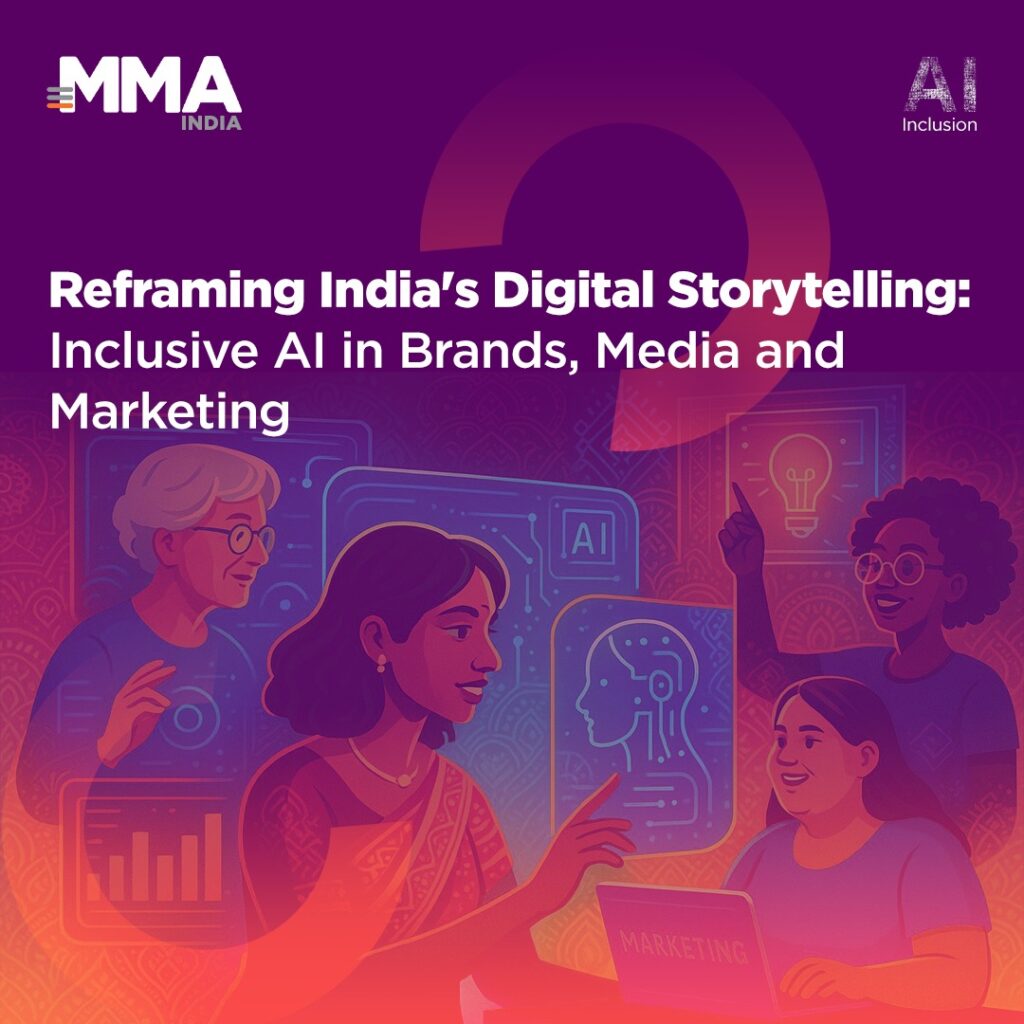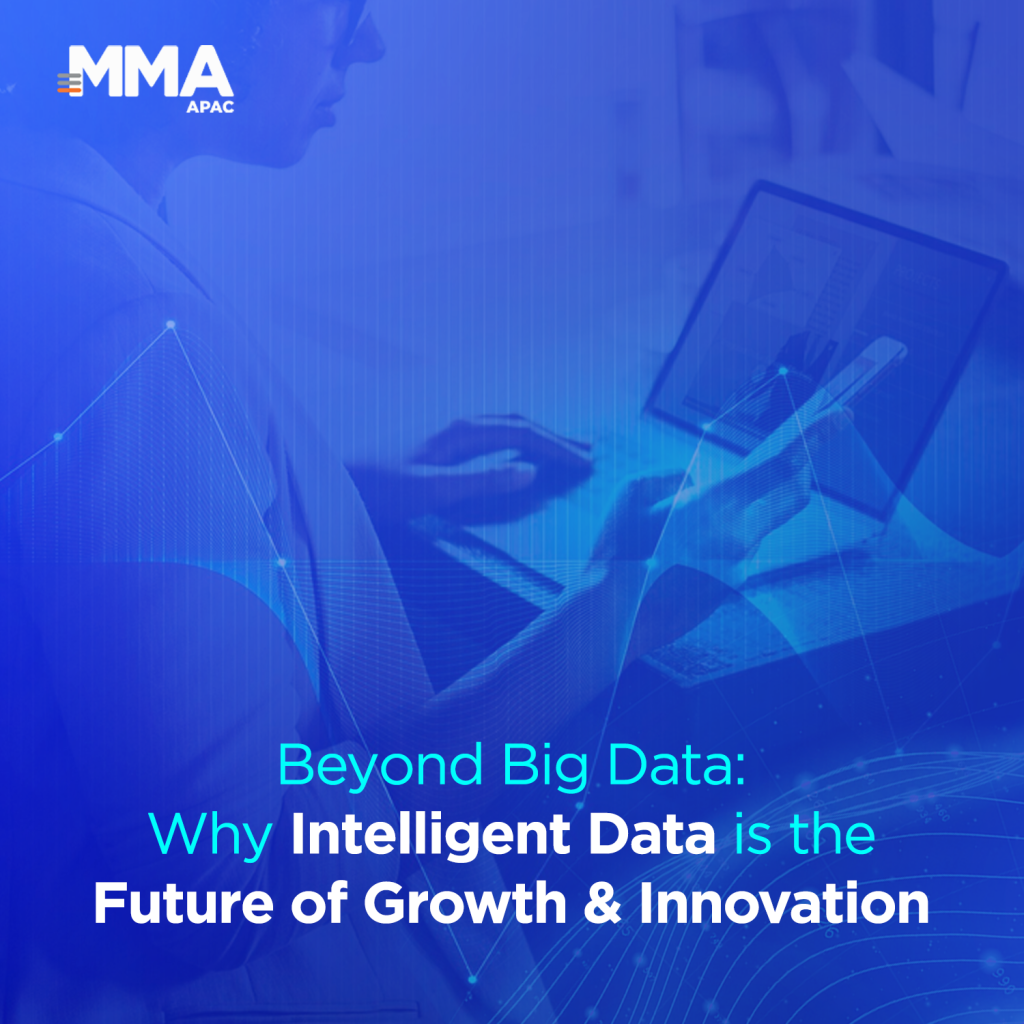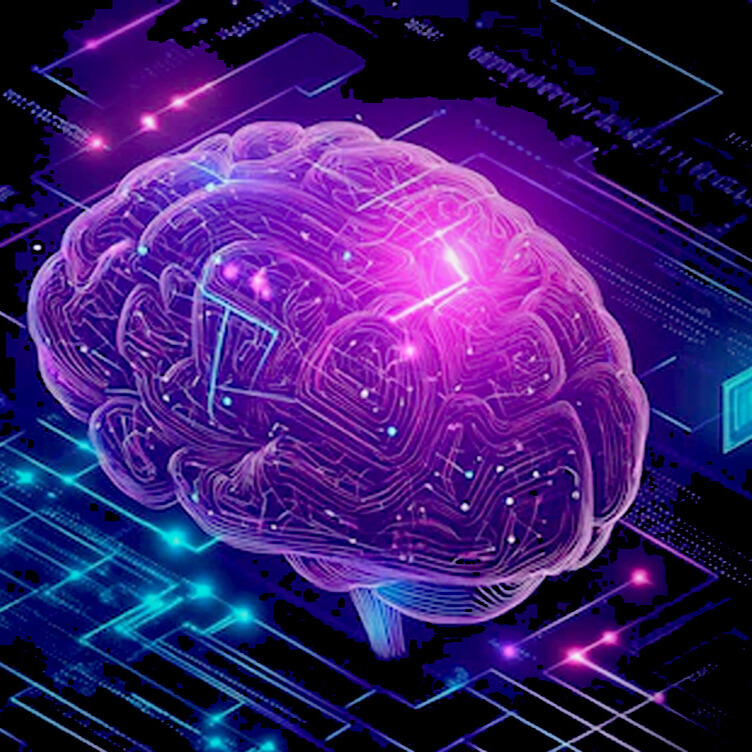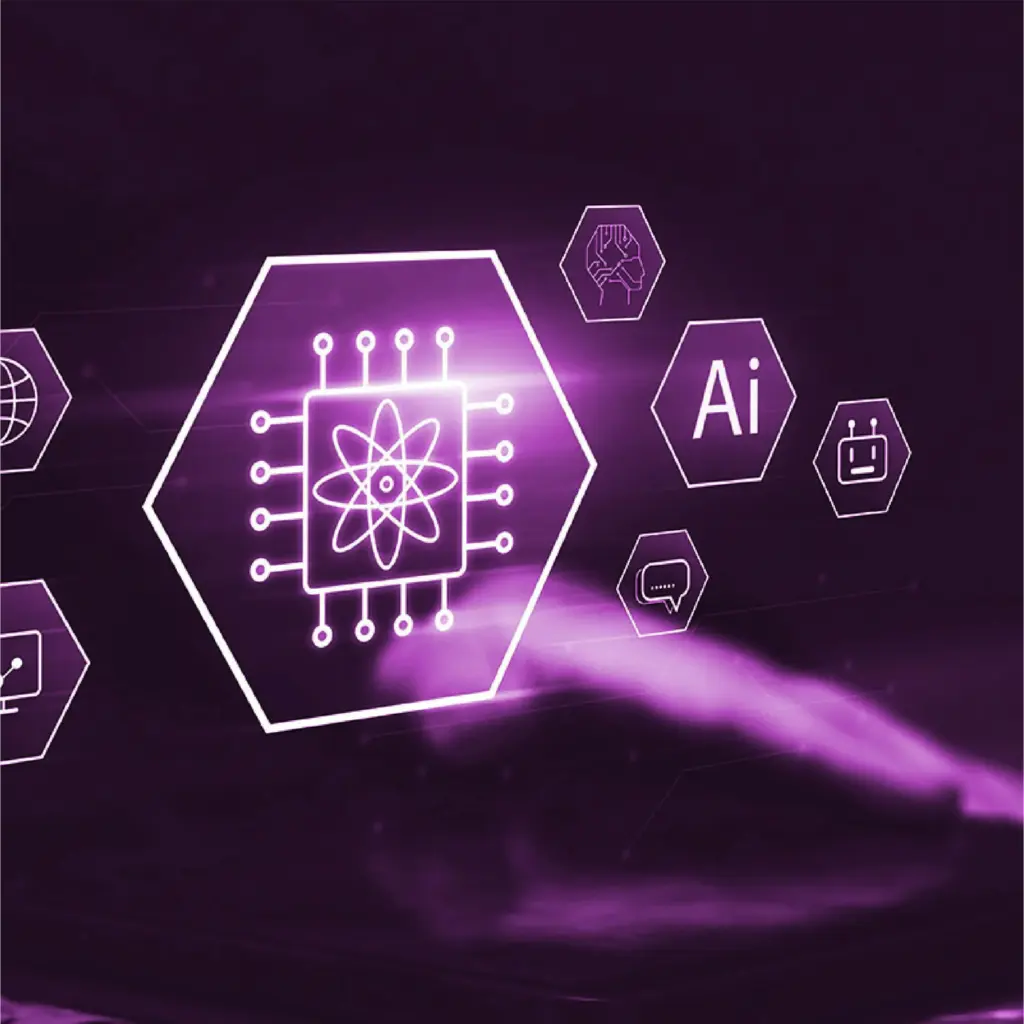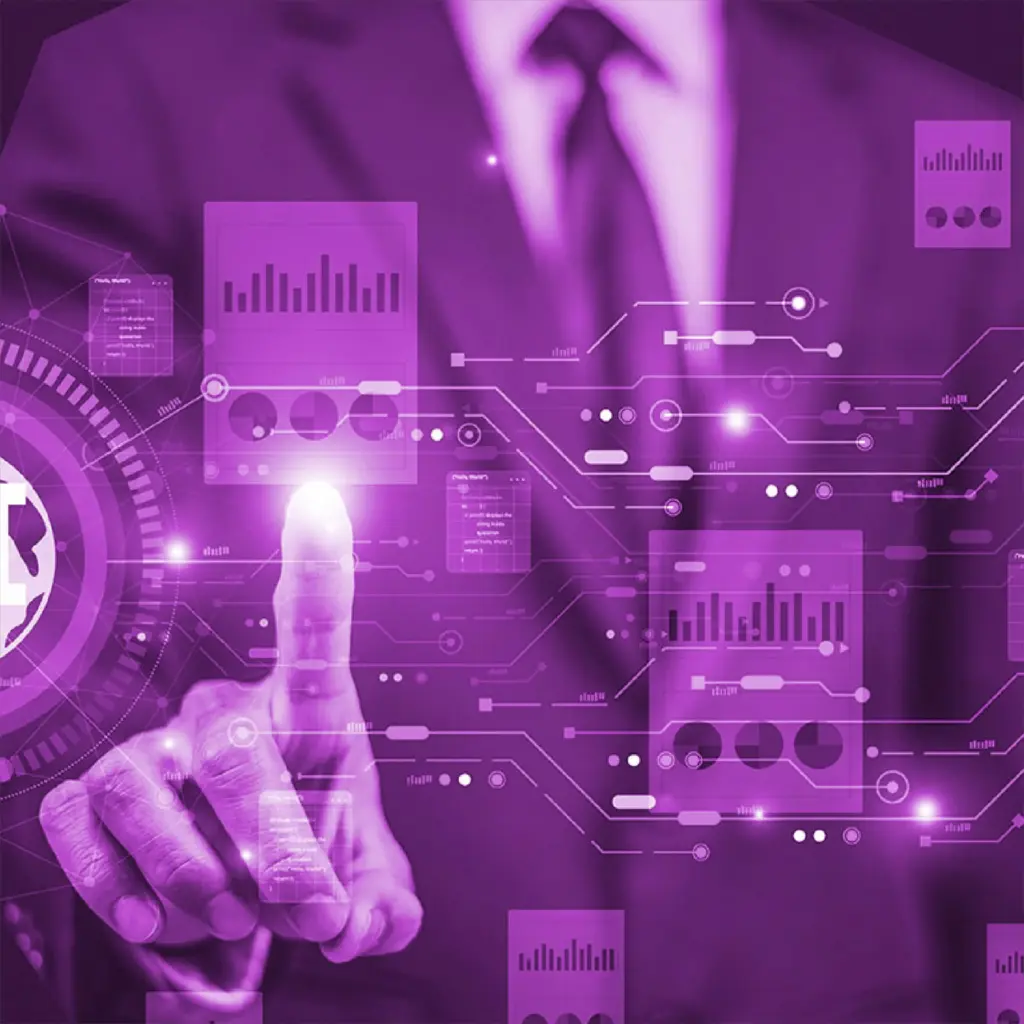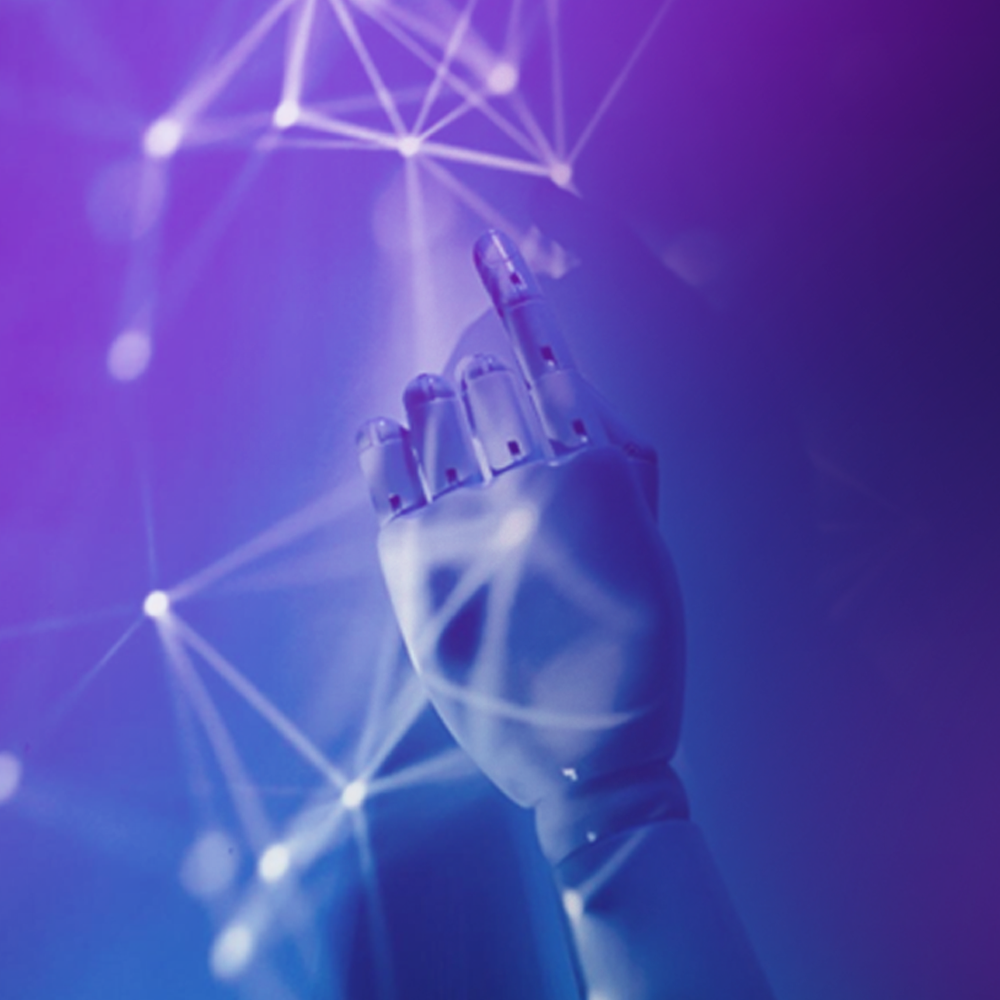
Are the fears of humans losing out to the Supergenius AI and becoming redundant entirely valid? Not really. The marketing experts believe that humans will not be reduced to playing second fiddle to artificial intelligence, instead human ingenuity will be crucial for crafting truly compelling and effective marketing campaigns.
A lot of the speakers at the MMA IMPACT conference including Raj Rishi Singh of MakeMyTrip emphasised the importance of human expertise alongside AI’s analytical capabilities. Rashi Goel of Performonks highlighted the potential for AI convergence across different industries, but also cautioned against the possibility of a “sea of sameness” without human creativity.
The Power of Human Experience
Moneka Khurana introduced the concept of “TCID knowledge” – Tribal, Collective, Institutional, and Distributed – representing the wisdom gleaned from experience. This knowledge base, unique to humans, cannot be easily replicated by AI.
For instance, understanding cultural nuances, anticipating emotional responses to marketing messages, and navigating the ever-evolving social landscape all require human expertise.
AI can analyse vast datasets and identify trends, but it cannot replicate the “gut feeling” or intuition honed through years of experience emphasises that successful marketing in the AI age requires leveraging both “TCID knowledge” and AI’s analytical power.
Artificial Intelligence as the Co-Pilot
Raj Rishi Singh offered a compelling analogy, comparing AI to a “co-pilot” for marketers. Just as a co-pilot assists the pilot in navigating a complex flight, AI can assist marketers by automating tasks, uncovering hidden insights in data, and generating creative variations. This frees up human marketers to develop compelling content and brand narratives.
Human-AI Collaboration in Action
MMA Global’s case study highlighted how AI generated 72 variations of creatives for Kroger, leading to a significant increase in click-through rates. In this scenario, AI handled the heavy lifting of content creation, while human marketers likely reviewed, selected, and implemented the most effective variations.
The Benefits of Collaboration
The benefits of human-AI collaboration are multifaceted:
- Enhanced decision-making: AI can analyse data and identify patterns that humans might miss. This data-driven insight, combined with human expertise and intuition, allows for more informed marketing decisions.
- Increased efficiency: AI can automate repetitive tasks, freeing up human marketers to focus on higher-level cognitive tasks. This improves overall campaign efficiency and allows for faster turnaround times.
- Improved creativity: AI can generate new ideas and content variations, sparking human creativity and inspiring fresh marketing approaches.
The Road Ahead: A Collaborative Future
Ultimately, human-AI collaboration is not just about efficiency or personalization; it is about unlocking the full potential of marketing to create meaningful customer connections, build trust, and drive sustainable brand growth. Here are some key strategies to implement:
- Develop frameworks for effective human-AI collaboration in marketing processes.
- Invest in AI literacy and upskilling programs for marketing teams.
- Implement AI tools for data analysis and content generation while maintaining human oversight.
- Create processes that combine AI-driven insights with human intuition and experience in decision-making.
- Establish ethical guidelines for AI use in marketing to ensure responsible and trustworthy practices.
